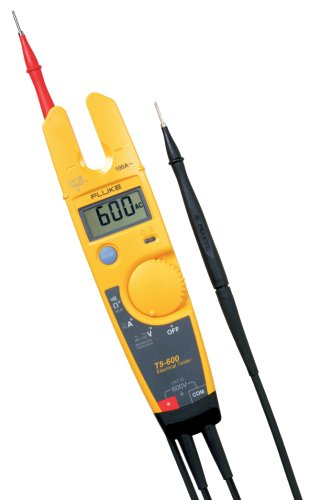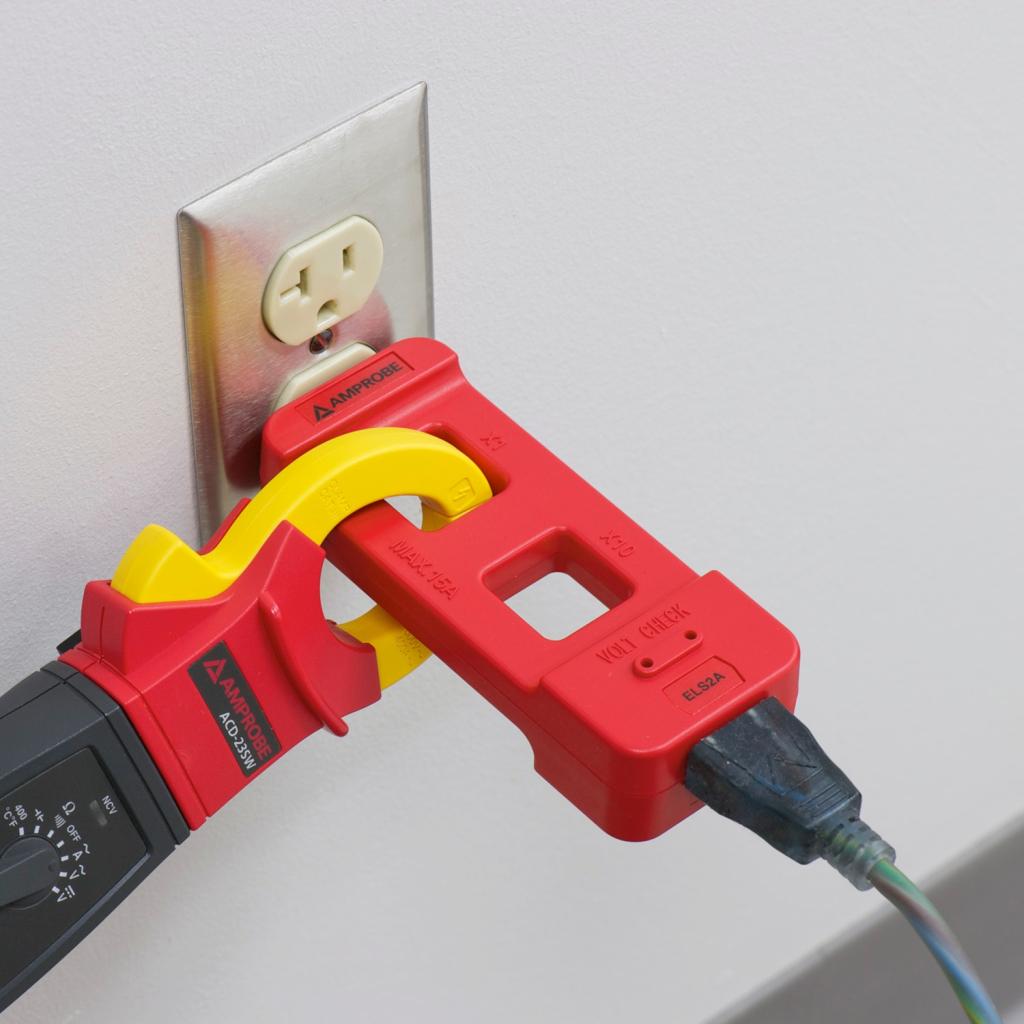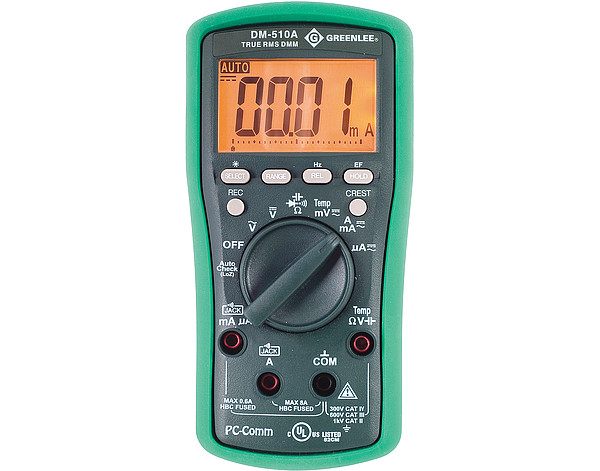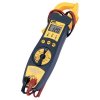@Phog-Allen I enjoy reading the additional posts. You are helping to serve as editor/filter, as there is too much reading and research for the interested but occasional multi-meter needing DIY person.
I like the size of the Fluke 101 and it would be a good upgrade for me, though I might still prefer the 17B for temperature probe if nothing else. It is on my to-be-considered shopping list.
Is the "Mastech MS3302 AC Current Clamp Transducer" a good accessory to have in the spirit of a kill-a-watt meter to check out major appliances? A few years ago I almost got a kill-a-watt but then considered it to be overkill and a waste of time/money, but the thought process helped to minimize overall household wasted electricity. I am curious to see how much power my coffee roaster consumes per roast, but it is not as if I would stop roasting or change roasters to save a few pennies.
I like the size of the Fluke 101 and it would be a good upgrade for me, though I might still prefer the 17B for temperature probe if nothing else. It is on my to-be-considered shopping list.
Is the "Mastech MS3302 AC Current Clamp Transducer" a good accessory to have in the spirit of a kill-a-watt meter to check out major appliances? A few years ago I almost got a kill-a-watt but then considered it to be overkill and a waste of time/money, but the thought process helped to minimize overall household wasted electricity. I am curious to see how much power my coffee roaster consumes per roast, but it is not as if I would stop roasting or change roasters to save a few pennies.




